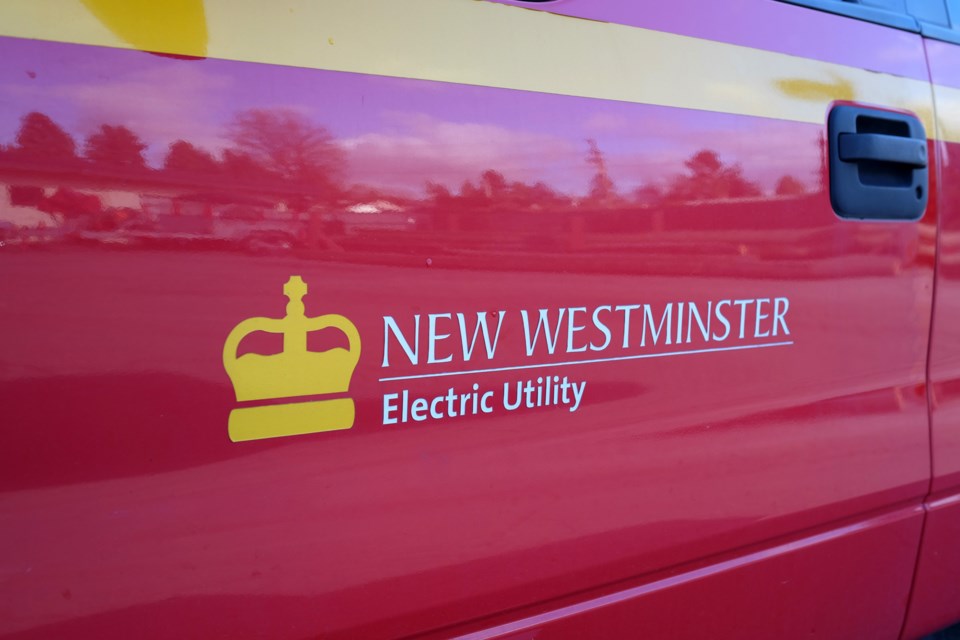New Westminster city council has endorsed utility hikes for 2021 – and it hasn’t ruled out reinstating a 1% climate action levy.
Council has given its approval in principle to utility rates for the electric, water, sewer and solid waste utilities.
“We are in line with the existing approved five-year plan that was presented last year. The rates are for the plan,” said Harji Varn, the city’s finance director. “The electrical utility is proposing 2.8%, the water utility at 7%, the sewer utility is 7% and solid waste utility at 12%.”
According to Varn, the proposed increases to utility rates translate to a $174 increase to each household.
“The proposed five-year plan is fiscally prudent and sustainable as it maintains assets/infrastructure in a state of good repair through reasonable rate hikes and utilizes the reserves to plan and avoid any major spikes in rates/ impacts to services longer term,” said a staff report.
Rod Carle, general manager of the electrical utility, said the utility is proposing 2.8% increases annually through 2025.
In November 2019, council approved a 1% increase to rates for a climate action levy starting in 2020. In response to COVID-19 impacts, city officials decided in the spring to stop collecting the levy for the rest of 2020.
The staff report stated the city’s draft five-year financial plan recommended a reinstatement of that increase in 2022.
“I’d be interested to see if council was interested in reinstating it in 2021,” said Mayor Jonathan Cote. “I fully support us pulling back on it this year, given the difficult year that we have faced and the challenges we were facing this year, but I think, given that climate change is a big part of the list, and even how we were planning to fund some of our initiatives, I think getting that funding source put back in place would be appropriate.”
Council approved a motion by Coun. Mary Trentadue directing staff to report back on the 1% levy.
“I am curious about supporting that next year,” she said, “so it would be helpful to have a little bit of information before we made that determination.”
On the water utility front, the city is projecting annual increases of 7% to water rates for the next five years. Similarly, sewer utility rate increases of 7% are projected annually from 2021 to 2025.
Coun. Patrick Johnstone said the city keeps adding to its water and sewer reserves, with a goal of getting the reserves up to the point where they’re within 5% to 10% of the utility’s asset replacement value. He said he’d like to get a sense of the timeline for getting the reserves to a rate where the city can dial back those allocations.
Eugene Wat, the city’s manager of infrastructure planning, said it’s a “constant balancing act” in terms of how much the city allocates in reserves. He said the reserves help the city to address the capital program over the long term and to help smooth out any bumps that the city may run into in the future.
“There are a whole slew of capital replacements that are needed in water and sewer,” he said. “So, generally yes, we are trying to get to a point around five to 10% of the total asset replacement value. That value is one of the challenges because the cost of the replacement value is constantly increasing. We are adding inventory as the city grows, and the cost of replacing these infrastructure is also increasing.”
Kristian Davis, thecity’s supervisor of solid waste and recycling, said a 12% increase is recommended for the solid waste utility in 2021, with 10% increases proposed for 2022 to 2025.



